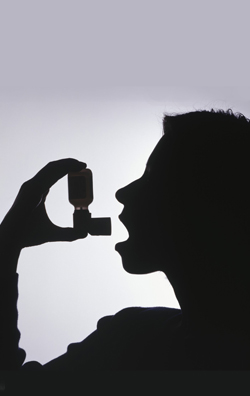
Hydroxychloroquine, or hydroxychloroquine sulfate, is an antimalarial medication and a disease-modifying antirheumatic drug (DMARD). DMARDs are drugs that slow the progression of certain autoimmune diseases. Recently, some doctors had been using hydroxychloroquine to treat severe cases of COVID-19 in hospitalized patients. Its use for this purpose has been controversial and conflicting, with some researchers reporting heart problems among those taking the drug. The Food and Drug Administration (FDA) have now withdrawn the emergency use of hydroxychloroquine for COVID-19 treatment. The National Institutes of Health (NIH) have also stopped a clinical trial evaluating the drug’s safety and efficacy in treating COVID-19. The researchers judged that while the treatment caused no harm to patients, it was unlikely to be beneficial. So far, studies investigating the use of hydroxychloroquine as a treatment for COVID-19 have produced weak, limited, or conflicting evidence of its efficacy. Some have also raised concerns about the safety of the drug. Many trials involving hydroxychloroquine have stopped in recent weeks. This has been due to data suggesting that the drug is no better than standard treatments for COVID-19. Most people who get COVID-19 will experience mild-to-moderate symptoms. Many will recover with home care and standard treatments for other viral infections. These treatments include rest, hydration, and over-the-counter pain relief.
(Credits: www.medicalnewstoday.com)





